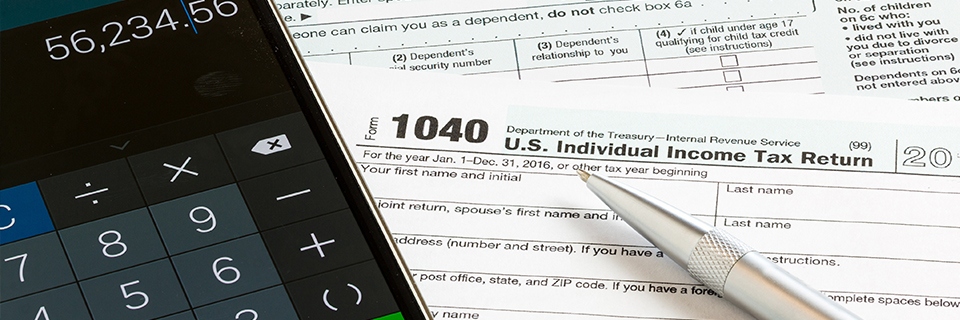KEY POINTS:
- The IRS is pushing back the beginning of the 2020 tax season to Feb. 12.
- Normally, the filing period begins in late January, allowing early birds to submit their returns and get their refunds.
Having your return flagged by the IRS can result in significant delays.
Last year, IRS fraud filters caught 5.2 million returns that were claiming refunds, according to a recent report from the Taxpayer Advocate Service, an IRS watchdog. For about a quarter of those returns flagged for income verification, refunds took longer than 56 days.
About 2 in 10 of the returns flagged for identity verification had delays of more than 120 days.
Normally, the turnaround time for a refund is about 21 days if a tax return has no problems.
Headaches for tax pros and clients
Companies distribute Form W-2 to their employees in January. These documents spell out how much workers have earned, as well as what they paid in income and payroll taxes during the year.
“You can’t get your refund until the IRS opens filing, and there are people who get refunds who are used to filing as soon as they open up,” said Ed Zollars, CPA and partner at Thomas, Zollars & Lynch in Phoenix and an instructor at Kaplan Financial Education.
Taxpayers who submit their returns in paper format are risking delays. The IRS accumulated a large backlog of mail last year amid the pandemic, and returns have taken a longer time to process.
There were still 7.1 million unprocessed individual returns and 2.3 million processed business returns as of Nov. 24, the Taxpayer Advocate Service found.
“If you, for any reason, think that a paper return makes sense for you, reconsider,” Zollars said.
News Source:【CNBC 2021/01/15】



